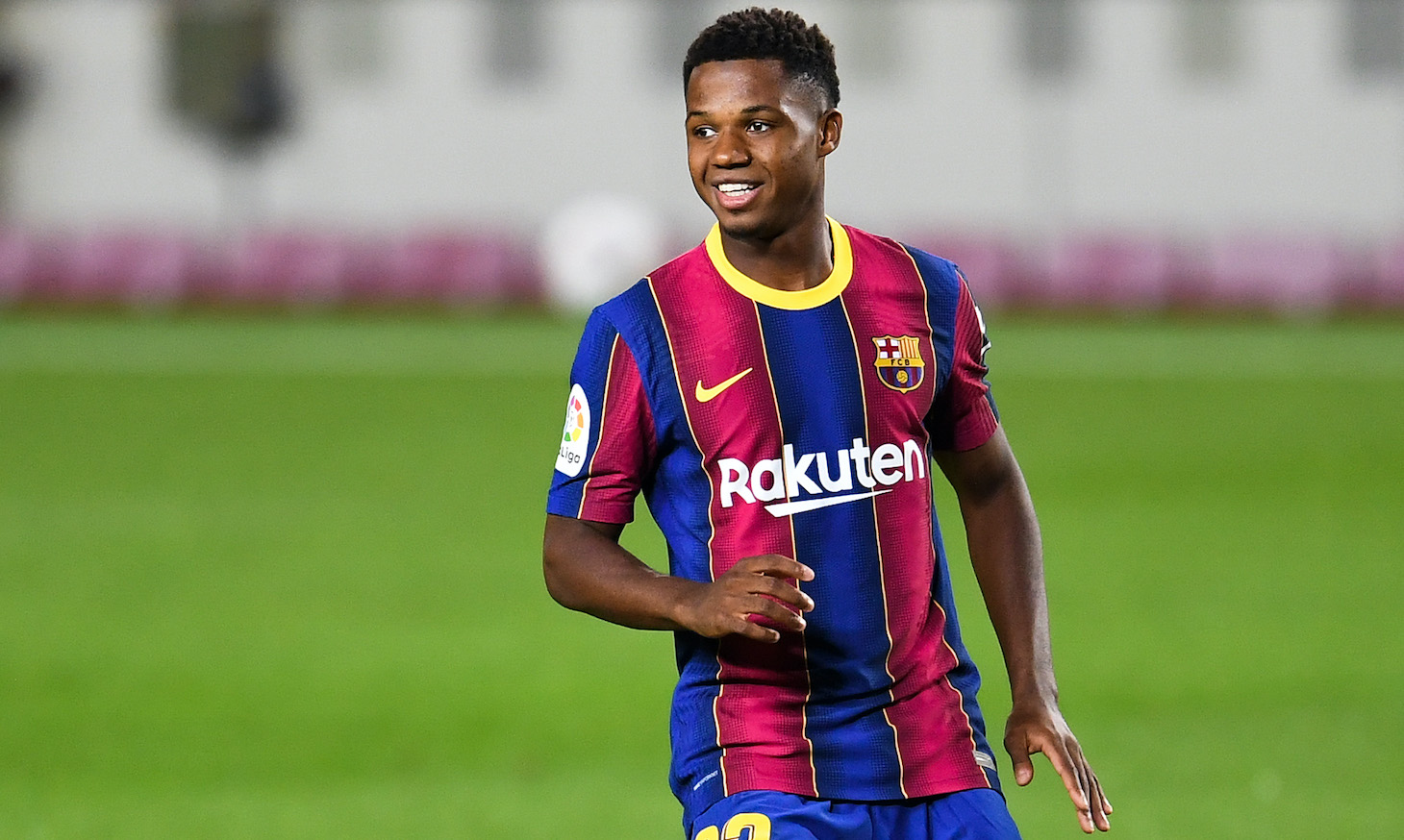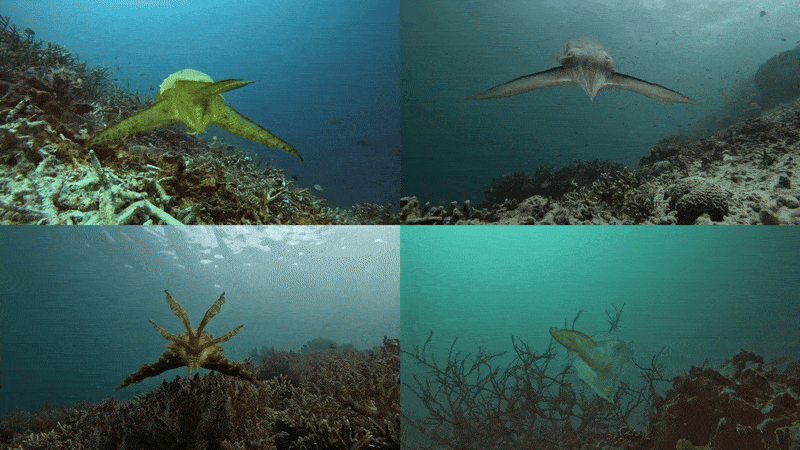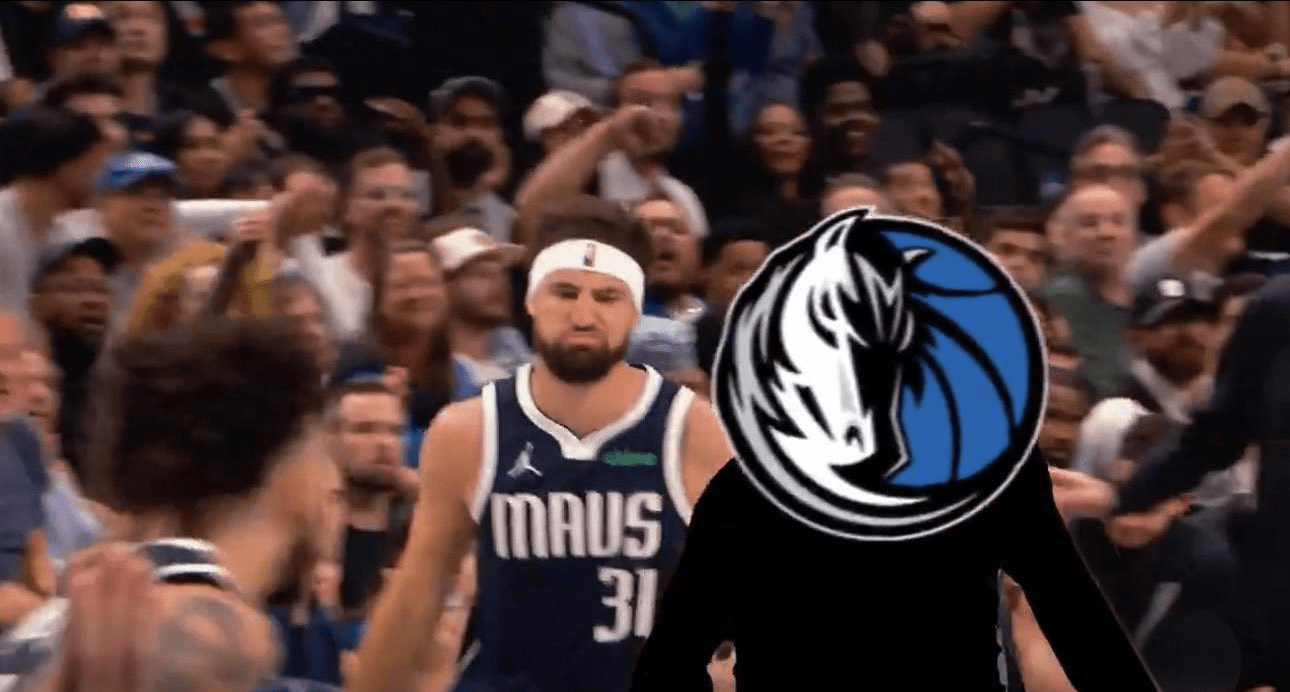If last week's Luis Suárez transfer symbolized the end of an era at Barcelona, Sunday's season-opening match against Villarreal was the birth of a new one. If the barnstorming 4–0 Barça victory is even a little bit representative of what the new era will look like, it will be the first one in a long while that offers at least as much optimism for the future as promise in the present.
Even absent Suárez and Ivan Rakitic and Arturo Vidal—those three constituting the sacrificial lambs the club slaughtered (well, gave away to other teams) in order to initiate a new order—Barcelona still featured some of the biggest names in the sport today: Lionel Messi, Antoine Griezmann, Philippe Coutinho, just to name a few. However, it was the freshest face on the pitch, Ansu Fati, whose name loomed largest by the final whistle. That's because the 17-year-old Spaniard went absolutely nuts.
Fati scored twice, won a penalty, and was the centerpiece of the entire attack during Barça's blistering four-goal first half. As remarkable a performance as it was, it was of a piece with what the teen has done shockingly often during his truly meteoric past 13 months. He may only be 17, but he's already established himself as a crucial member of the squad, and the face of the club's hopes for the future.
Being a young, homegrown forward who's set Barcelona alight as a teenager, it's only natural Fati would elicit comparisons to Messi. Ironically, though, if Fati's game resembles any current great's it would be Cristiano Ronaldo's. Fati shares neither young Messi's whirling dervish energy and insatiable hunger to dribble and dribble and dribble some more, nor the more mature Messi's combination of dribbling, scoring, and creative passing. Instead, Fati has that Ronaldo-esque drive to get into the penalty box no matter what, and the born hunter's instinct to find the ball and bang it into the net. Fati is fast, has great technique that lets him control the ball and ping it around in tight spaces, can hit a pretty through ball from time to time, and exhibits a stunning intelligence at his age to know when to press forward and when to slow things down. But the thing that makes him a truly special talent is his ability to find space in and around the box and score.
While Fati might not play anything like Messi, it's his status as the latest potential heir to Messi's throne that lends him such weight in the Barcelona faithful's imagination. For the first time in years, Fati has given Barça fans a reason to look to the future with hope.
Barcelona's relationship to time has been distorted over the years. As a side-effect of having Messi for so long, the club has lived in a perpetual present. Messi's presence, his regularity, and his seemingly never-ending prime meant the team was a lock to contend for titles every year, and so the club's time horizon has long been focused on getting the most out of right now. For the vast majority of Messi's career, this has been a boon. The recent past was glorious, the future looked unchanging and thus irrelevant, and the present filled with promise, the seamless continuation of that past.
However, as Messi and the other members of the best Barça began to age, and suitable replacements either never panned out or, in Neymar's case, left town, the club's relationship to time began to shift. Suddenly, the idealized past, with its trebles and its canonized style of play and its homegrown icons, began to haunt; the future, when Messi would no longer be Messi and might even be playing elsewhere, became a terror too great to contemplate, especially after Neymar's exit; and the present, which was never good enough to live up to the memory of what came before, became burdened by an imperative to win now, or else.
Barcelona fans and even its leaders had forgotten what the natural passage of time felt like, and so they neglected to plan for the inevitably arriving future, clinging to hope that the old guys could still get it done with maybe just one or two more 30-year-old signings. Messi himself appeared to develop an obsession with winning another Champions League, as if it would be the final crowning piece to secure his legacy, the back half of which has almost been defined more by the trophies he and Barcelona and Argentina failed to win than by the successes. I believe the oppressive weight of the pressure to win now, or else can be seen in Messi's 2018 preseason speech centering victory in the Champions League as the team's primary goal, and in Jordi Alba crying at halftime of what was at that point still a very winnable semifinal against Liverpool at the end of that same season.
The team's string of humiliations in the Champions League going back for years now should've been a warning that ignoring the passage of time doesn't actually stave off the future. But it wasn't until this summer, when Bayern Munich hammered the team and sparked the current crisis, that the club was forced to reckon with the facts: the past was gone and unrepeatable, the present is no longer so rosy, and the post-Messi future is staring Barça right in the face.
But the other side of any era's death is a rebirth, and on the other side of this one is Fati's boyish, smiling face, his freakish talents, and his enormously auspicious future. In those ways he does resemble the teenaged Messi, undaunted by the spectacle or "importance" of everything, treating his monumental explosion onto the scene as if it were the most natural thing in the world. It's a virtual certainty that Fati will never be as great a player as Messi, and it's far from a guarantee he'll even be good enough to lead Barça into its future as one of its stars. But Fati is certainly good enough to contribute in a major way on the pitch right now, and he is promising enough to allow Barcelona to look ahead to the future where Messi is gone with real, justifiable hope. It's not everything, but it's a start.





